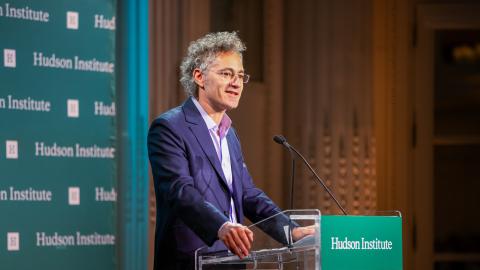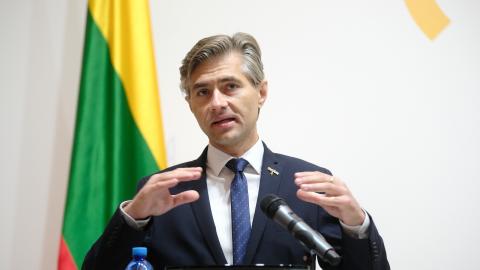Alas, poor PIPA, who knew you well? Millions of people signed petitions claiming that you were evil. Worse, you would destroy the Internet. You subsequently died a violent death in Washington, infamous but unknown.
And just who is this PIPA that roused such hatred? PIPA stands for the Preventing Real Online Threats to Economic Creativity and Theft of Intellectual Property Act of 2011'' or the ''PROTECT IP Act of 2011'' or simply PIPA. PIPA died officially died on Friday, January 20, 2012, when Sen. Reid announced that PIPA would not be brought for a Senate vote.
The graveyard of legislation is large. Each year thousands of pieces of legislation die quietly and are anonymously buried in unmarked graves. But PIPA's grave, freshly turned, no doubt will be the site of nightly jigs by those who effectively killed it. "Good riddance to PIPA; long live the Internet!"
Opponents of PIPA organized an online demonstration of their political power last Wednesday. Wikipedia held its breath for 24 hours and would not speak. It locked itself down with the following message: "Imagine a World Without Free Knowledge. For over a decade, we have spent millions of hours building the largest encyclopedia in human history. Right now, the U.S. Congress is considering legislation that could fatally damage the free and open Internet."
Ahmadenijad could not kill the free and open Internet. Countless other despots tried but failed. But PIPA could do what no dictator could. The greatest threat to the free and open Internet is neither China nor Iran but, it seems, the U.S. Senate.
Not to be outdone by Wikipedia, last Wednesday Google covered the logo on its homepage with a black sticker that linked to a site intoning: "Millions of Americans oppose SOPA [PIPA's House cousin] and PIPA because these bills would censor the Internet and slow economic growth in the U.S."
Economic growth is often associated with clear and enforceable property and contract rules. Surely PIPA must have eroded those property and contract rules.
But PIPA would have done the opposite; it would have strengthened intellectual property rights, making them enforceable through private rights of action in federal courts. Federal judges would have made decisions under PIPA. Are federal judges the most evil people in the world?
Indeed, in the 33 short pages of PIPA, no part of the Internet is censored. The free and open internet is strengthened, not threatened. American economic growth is enhanced, not slowed. The evil decision makers are federal judges. To read PIPA is to see benign language, not the caricature of evil with which it is described.
Over a period of many years, governments around the world have attempted to limit access to certain web sites and to monitor internet use. No organized response from internet companies was warranted. But PIPA, or so we are told, deserved the unrestrained attacks upon it.
PIPA was about giving individuals, not the federal government, more powers to enforce intellectual property. Last Thursday, the Justice Department, without the benefit of PIPA, shut down the web site Megaupload, accusing it, through a massive international scheme, of pirating more than $500 million worth of intellectual property. Within hours, web gangsters responded by shutting down not only the DoJ website, but the websites of various groups of intellectual property holders.
The web gangsters were not upset with proposed new laws but with efforts to protect intellectual property. Intellectual property is an area where America still has a competitive advantage relative to the rest of the world. American artists create works valued around the world. Those works have legal protections, protections routinely violated by internet thieves.
Over the past two decades, ordinary Americans have tried to enforce protection of their intellectual property on the internet, but often without success. Courts have expressed sympathy but found that current law offered few practical remedies for private parties to protect their intellectual property from online theft. PIPA was intended to give courts the authority to help those individuals.
PIPA is dead, but the free and open Internet is still at risk. Tyrants still seek to censor the internet and monitor their subjects. Evil still lurks on the Internet, and PIPA won't be there to protect us from it.




















